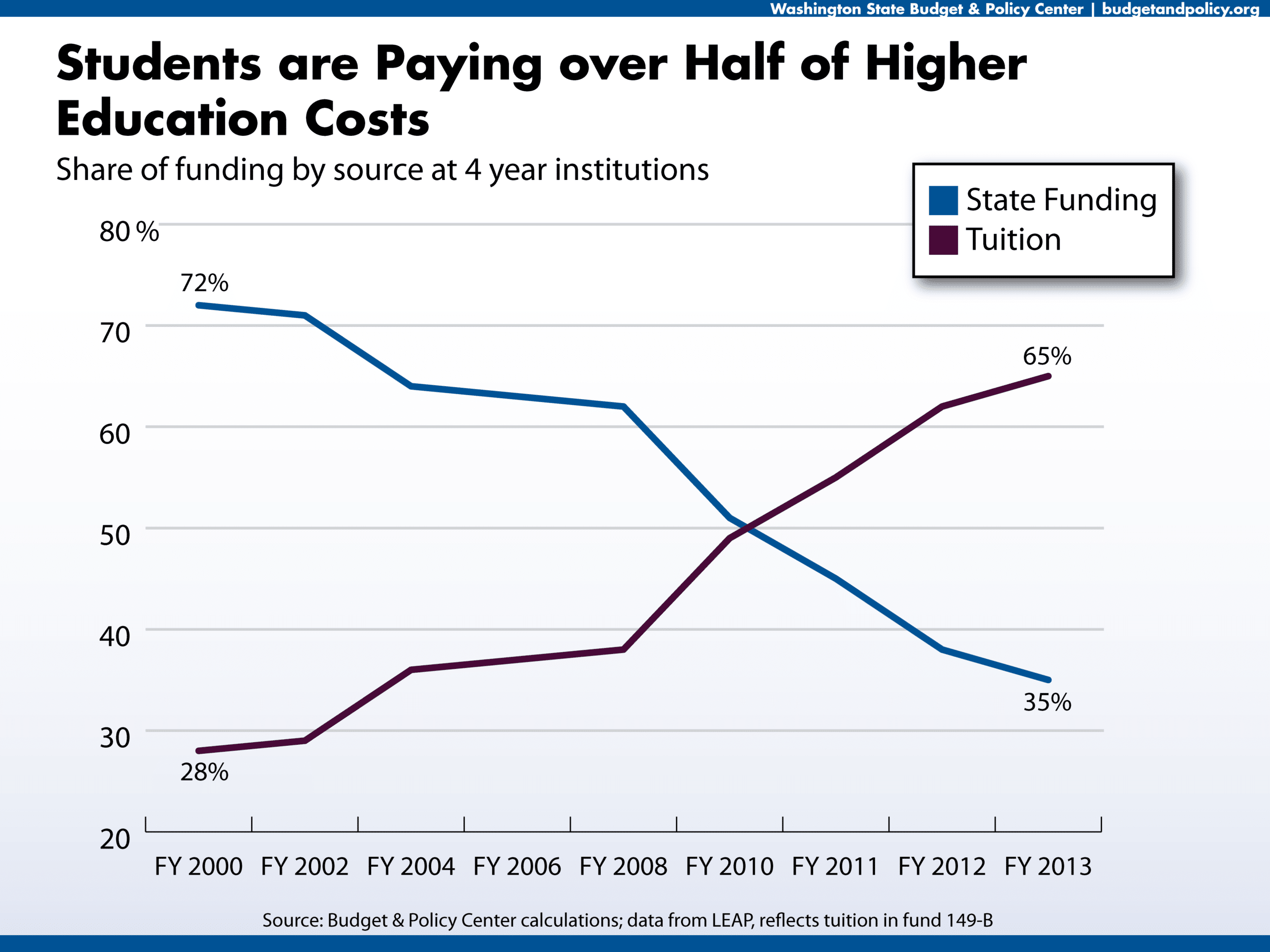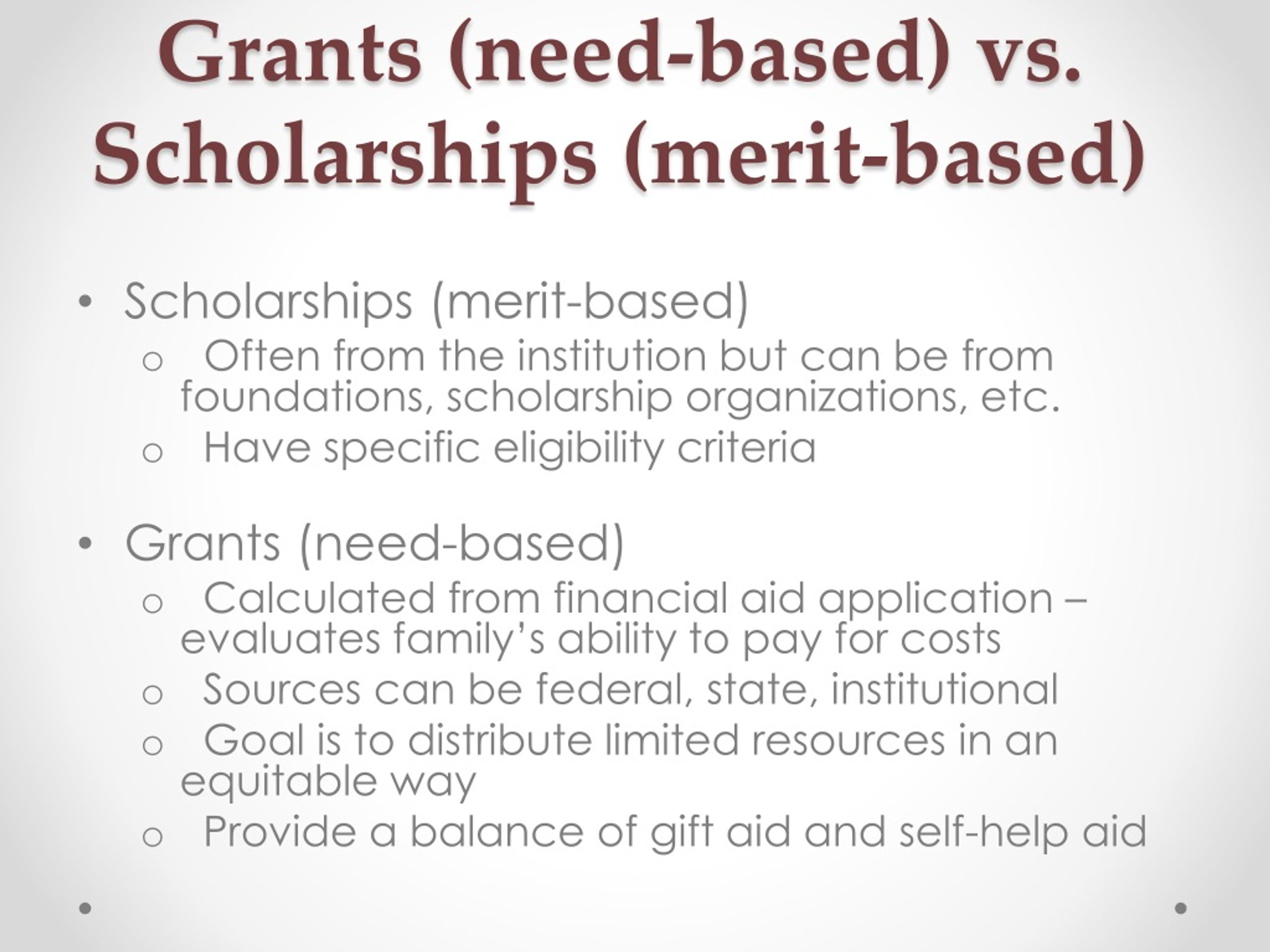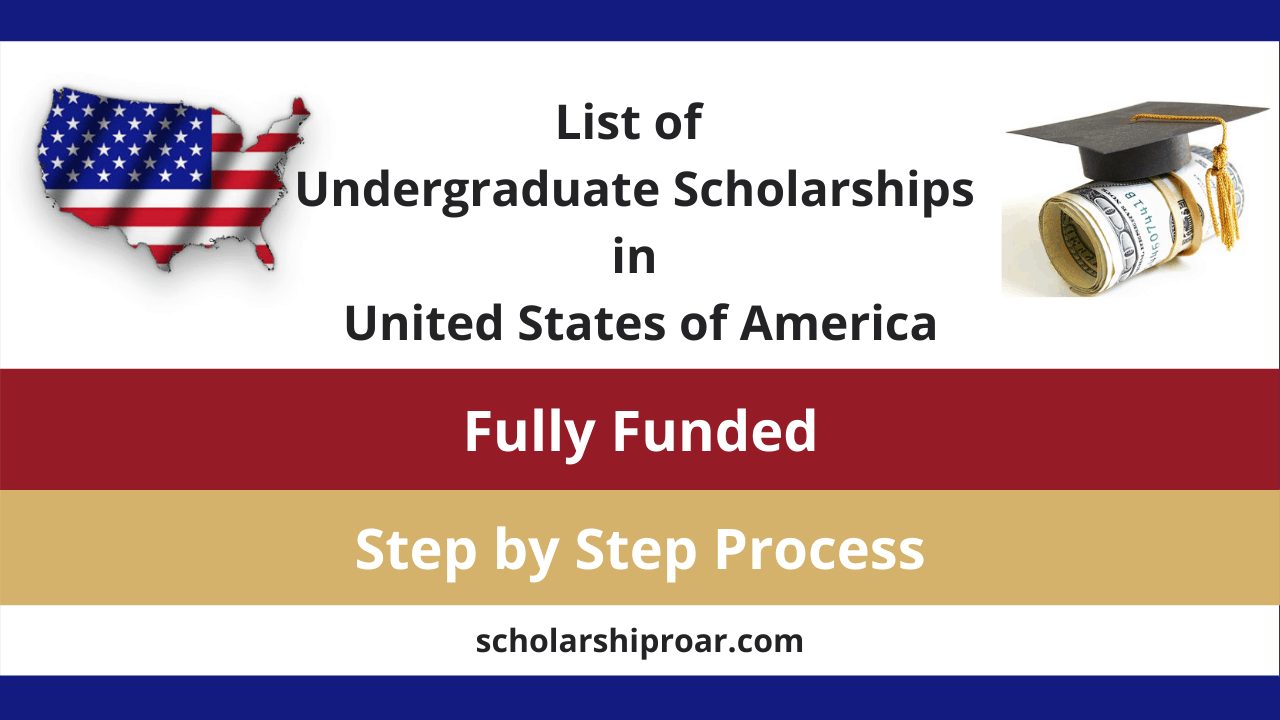Christian College Scholarships: Funding Your Faith-Based Education
Christian college scholarships offer a vital pathway to higher education for students seeking a faith-integrated learning experience. Securing funding for a Christian college education can often feel daunting, but understanding the diverse scholarship opportunities available can significantly ease the financial burden. This guide explores various scholarship types, application strategies, and resources to help you navigate the process successfully and achieve your academic goals.
From merit-based awards recognizing academic excellence to need-based grants assisting students facing financial hardship, and faith-based scholarships supporting students committed to their religious beliefs, a range of options exist. Understanding the nuances of each category, including eligibility criteria and application requirements, is key to maximizing your chances of securing funding.
Types of Christian College Scholarships
Securing funding for a Christian college education can be a significant undertaking. Fortunately, a variety of scholarships exist to help alleviate the financial burden. These scholarships are categorized based on the criteria used for selection, offering diverse opportunities for prospective students. Understanding these categories is crucial for effectively searching and applying for the most suitable options.
Merit-Based Scholarships
Merit-based scholarships reward academic excellence, talent, or exceptional achievements. These awards recognize students who have demonstrated outstanding performance in their high school careers or possess exceptional abilities in specific areas, such as athletics, music, or the arts. Eligibility typically involves meeting specific GPA requirements, standardized test scores (SAT/ACT), or showcasing a portfolio of work demonstrating exceptional talent. Many Christian colleges offer merit-based scholarships to attract high-achieving students and enhance the overall academic profile of their student body. For example, a student with a 4.0 GPA and a high SAT score might be eligible for a significant merit-based scholarship.
Need-Based Scholarships
Need-based scholarships are awarded to students who demonstrate significant financial need. These scholarships consider factors such as family income, assets, and the overall cost of attendance. Eligibility is determined through the completion of the Free Application for Federal Student Aid (FAFSA) and the college’s own financial aid application process. The amount awarded is often directly proportional to the demonstrated need, helping to bridge the gap between the cost of tuition and the family’s ability to pay. A family with a low income and limited savings might qualify for a substantial need-based scholarship to make college affordable.
Faith-Based Scholarships
Faith-based scholarships are specifically designed for students who actively participate in and demonstrate a commitment to their Christian faith. Eligibility often involves demonstrating active involvement in a church or religious organization, participation in Christian service activities, and adherence to a specific set of religious values. Some scholarships might require submission of a personal essay outlining the applicant’s faith journey and how it aligns with the values of the sponsoring organization. For example, a student who has volunteered extensively at their church and demonstrated strong Christian leadership might be eligible for a faith-based scholarship.
Comparison of Scholarship Types
| Scholarship Type | Primary Criteria | Eligibility Requirements | Example |
|---|---|---|---|
| Merit-Based | Academic achievement, talent | High GPA, standardized test scores, portfolio | Dean’s List Scholarship |
| Need-Based | Financial need | FAFSA completion, financial documentation | Pell Grant, Institutional Need-Based Grant |
| Faith-Based | Religious commitment, service | Church involvement, religious essay, recommendations | Scholarship from a denominational organization |
Finding Christian College Scholarships
Securing funding for a Christian college education can feel daunting, but numerous resources are available to help students find and apply for scholarships. A strategic approach to searching and a well-organized application process significantly increase the chances of success. This section details effective strategies for locating and applying for Christian college scholarships.
Effective searching and applying for Christian college scholarships involves a multi-pronged approach combining online resources, targeted searches, and meticulous application preparation. Remember, persistence and organization are key to maximizing your chances of securing funding.
Scholarship Search Resources
Several websites and organizations specialize in compiling Christian college scholarship opportunities. These resources provide a centralized location to explore various funding options. Utilizing these resources efficiently is crucial for maximizing your search efforts.
- Scholarship Search Engines: Websites like Fastweb, Scholarships.com, and Peterson’s offer extensive databases of scholarships, including many specifically for Christian students. These sites allow you to filter your search by religion, denomination, and other criteria, making it easier to find relevant opportunities.
- Christian Colleges’ Websites: Most Christian colleges have dedicated financial aid pages on their websites. These pages often list scholarships specific to their institution, along with general information about financial aid processes. Check the financial aid section of each college you’re interested in attending.
- Denominational Organizations: Many Christian denominations, such as Baptist, Methodist, Catholic, and Presbyterian churches, offer scholarships to students attending Christian colleges. Contact your local church or the national headquarters of your denomination to inquire about potential funding opportunities.
- Private Foundations and Organizations: Numerous private foundations and organizations award scholarships based on religious affiliation, academic merit, or community involvement. Research organizations that align with your values and interests. Examples include the Lilly Endowment, which supports Christian higher education, and various smaller, faith-based foundations.
The Scholarship Application Process
Applying for scholarships effectively requires careful planning and execution. A systematic approach to searching and applying increases the likelihood of success. This includes understanding deadlines, preparing compelling application materials, and following up on submissions.
- Create a Master List: Compile a list of all potential scholarships, including deadlines, requirements, and application links. Use a spreadsheet or calendar to track your progress and ensure you don’t miss any deadlines.
- Prepare Strong Application Materials: Craft a compelling personal essay highlighting your faith, academic achievements, and future goals. Ensure your transcripts, letters of recommendation, and other supporting documents are accurate and well-presented. Proofread everything carefully!
- Submit Applications Early: Avoid last-minute rushes. Submit your applications well in advance of the deadlines to allow for unexpected delays or technical issues.
- Follow Up: After submitting your applications, send a brief follow-up email to the scholarship providers to confirm receipt. This demonstrates your interest and initiative.
Navigating Scholarship Databases and Websites
Efficiently navigating scholarship databases requires a structured approach. Utilizing search filters and keywords strategically is key to finding relevant opportunities quickly. Understanding the database structure also improves search efficiency.
- Utilize Search Filters: Most scholarship databases allow you to filter your search results by criteria such as religion, major, GPA, and geographic location. Use these filters to narrow your search and focus on scholarships that match your profile.
- Employ Relevant Keywords: Use specific keywords related to your faith, academic interests, and demographic information when searching. For example, you might use keywords such as “Christian,” “Baptist,” “theology,” “engineering,” or “female.”
- Review Scholarship Details Carefully: Before applying, thoroughly review the eligibility requirements, application instructions, and deadlines for each scholarship. Ensure you meet all the criteria before investing time in the application process.
- Save Search Results and Track Progress: Use a bookmarking system or spreadsheet to keep track of the scholarships you’ve found, applied to, and the status of your applications. This will help you stay organized and avoid missing any important updates.
Scholarship Application Process
Applying for Christian college scholarships often involves a similar process to secular scholarships, but with a potential emphasis on faith-based aspects. Understanding the typical steps and required materials will significantly increase your chances of success. This section outlines the process, providing insights into the necessary components for a strong application.
Required Documents and Information
A comprehensive application typically includes several key components. Applicants should anticipate needing official transcripts from their high school or previous college, demonstrating academic performance. Letters of recommendation, ideally from teachers, counselors, or religious leaders who can attest to the applicant’s character and academic abilities, are usually required. A completed application form, often found online, is essential and should be filled out accurately and completely. Finally, a personal statement or essay, allowing the applicant to showcase their personality, goals, and faith, is a critical element of most applications. Many applications also require standardized test scores, such as SAT or ACT results, although this is becoming less common among some institutions.
Strong Scholarship Essays and Personal Statements
The essay or personal statement is your opportunity to connect with the scholarship committee on a personal level. A strong essay should clearly articulate your goals, demonstrating a genuine understanding of your chosen field of study and its alignment with your faith. For example, a student applying for a scholarship in nursing might discuss their commitment to serving others through their faith, illustrating how this commitment motivates their career aspirations. Another example could be a student pursuing theological studies explaining how their faith informs their intellectual curiosity and pursuit of knowledge. The essay should also highlight relevant experiences and accomplishments that showcase your character, leadership skills, and community involvement. Avoid generic statements; instead, focus on specific examples that illustrate your points. Strong writing, proper grammar, and a clear structure are also crucial.
Application Checklist
A well-organized checklist ensures a smooth application process. This will help avoid missing deadlines or crucial components.
- Research and identify potential scholarships.
- Carefully review each scholarship’s eligibility requirements and deadlines.
- Gather all required documents: transcripts, letters of recommendation, test scores.
- Complete the application form accurately and thoroughly.
- Craft a compelling personal statement or essay, showcasing your faith, goals, and experiences.
- Proofread all materials carefully for errors in grammar and spelling.
- Submit your application well before the deadline, allowing time for unforeseen delays.
- Keep copies of all submitted materials for your records.
Financial Aid and Scholarships
Securing funding for a Christian college education often involves navigating a landscape of financial aid options beyond scholarships. Understanding the differences between these options and how they interact is crucial for effective financial planning. This section will explore the various types of financial aid available, their impact on overall costs, and strategies for maximizing your financial aid opportunities.
Scholarships, grants, and loans represent the primary forms of financial aid for Christian higher education. Scholarships are typically merit-based awards, recognizing academic achievement, athletic prowess, or specific talents. Grants, on the other hand, are usually need-based, awarded to students demonstrating financial hardship. Loans, unlike scholarships and grants, require repayment with interest after graduation. While scholarships and grants reduce the overall cost of tuition, fees, and living expenses directly, loans add to the overall financial burden, requiring careful budgeting and repayment planning.
Comparison of Scholarships and Other Financial Aid
Scholarships and grants share the commonality of not requiring repayment. However, scholarships are often awarded based on merit, while grants are usually need-based. Loans, conversely, must be repaid, increasing the total cost of education. A student might receive a merit-based scholarship for academic excellence alongside a need-based grant to cover remaining expenses, minimizing the reliance on loans. This combined approach effectively lowers the ultimate cost of their education.
Impact of Scholarships on the Cost of Christian Higher Education
Scholarships directly reduce the out-of-pocket expenses for students attending Christian colleges. The amount of reduction depends on the scholarship’s value and the overall cost of attendance. For instance, a $10,000 scholarship at a college with $40,000 annual tuition reduces the student’s cost by 25%. This significant reduction can make Christian higher education accessible to families who might otherwise struggle to afford it. The cumulative effect of multiple scholarships can dramatically lower the total cost, potentially making a previously unaffordable education attainable.
Benefits and Drawbacks of Various Financial Aid Options
Each financial aid option carries its own set of advantages and disadvantages. Scholarships and grants offer the clear benefit of not requiring repayment, significantly reducing long-term debt. However, competition for scholarships can be intense, and eligibility for grants depends on demonstrated financial need. Loans, while providing immediate funding, accumulate interest over time, potentially leading to substantial debt after graduation. Careful consideration of the long-term implications of each option is essential. For example, a student might accept a loan to cover a portion of their expenses, but prioritize securing scholarships and grants to minimize their debt burden.
Maximizing Financial Aid Opportunities
Students can maximize their financial aid opportunities by proactively researching and applying for various scholarships and grants. This includes utilizing online scholarship databases, contacting the financial aid offices of their chosen colleges, and exploring opportunities offered by religious organizations or community groups. Maintaining a strong academic record, participating in extracurricular activities, and volunteering can enhance their eligibility for merit-based scholarships. Furthermore, completing the Free Application for Federal Student Aid (FAFSA) is crucial for accessing need-based grants and federal student loans. Thorough preparation and diligent application are key to securing the maximum amount of financial aid.
Impact of Christian College Scholarships
Christian college scholarships significantly impact student success and access to higher education. These scholarships not only alleviate the financial burden of tuition and fees but also foster a supportive learning environment rooted in faith and values, leading to both academic and personal growth. The positive effects extend beyond the immediate financial relief, influencing students’ long-term prospects and contributing to a more diverse and inclusive higher education landscape.
Scholarships broaden access to higher education for students who might otherwise be unable to afford it. Many deserving students, particularly those from low-income backgrounds or families with limited financial resources, find Christian colleges appealing for their faith-based values and supportive community. However, the high cost of tuition often presents a significant barrier. Christian college scholarships act as a crucial bridge, enabling these students to pursue their educational goals and unlock their full potential. This increased access contributes to a more diverse student body, enriching the learning environment for all.
Improved Academic Performance and Graduation Rates
Research consistently demonstrates a positive correlation between financial aid and improved academic performance. Students who receive scholarships often experience reduced stress related to financial concerns, allowing them to focus more effectively on their studies. This improved focus translates to better grades, higher GPAs, and ultimately, increased graduation rates. The supportive environment of a Christian college, further enhanced by the sense of community fostered through scholarship opportunities, contributes to this positive outcome. For example, studies have shown that students receiving need-based aid, including scholarships, often demonstrate higher persistence and graduation rates than their peers without such support.
Enhanced Personal and Spiritual Growth
Beyond the academic benefits, Christian college scholarships contribute to students’ personal and spiritual development. The faith-based environment of these institutions, combined with the reduced financial stress afforded by scholarships, allows students to fully engage in campus life, participate in extracurricular activities, and connect with mentors and peers who share their values. This supportive community fosters personal growth, spiritual maturity, and a strong sense of belonging, shaping students into well-rounded individuals prepared for leadership and service in their communities.
“Receiving this scholarship was a game-changer. It allowed me to focus on my studies and fully participate in campus life, leading to not only academic success but also a deeper understanding of my faith and purpose.” – Sarah M., a scholarship recipient at a Christian university.
“Without the scholarship, college would have been an impossible dream. The financial relief has been incredibly impactful, allowing me to concentrate on my studies and build strong relationships with professors and fellow students. It’s a blessing that has changed the course of my life.” – David L., a recipient of a faith-based scholarship.
Increased Opportunities for Service and Leadership
Christian colleges often emphasize service and leadership development, and scholarships enable students to participate more fully in these opportunities. Reduced financial burdens allow students to dedicate more time to volunteer work, internships, and leadership roles within campus organizations and their communities. This increased involvement fosters a sense of responsibility, cultivates leadership skills, and prepares students for future roles of service. The values instilled through their faith and the support provided by the scholarship create a foundation for impactful contributions to society.
Specific Denominational Scholarships
Many Christian denominations offer scholarships to students pursuing higher education, reflecting their commitment to faith-based learning and community development. These scholarships often come with unique eligibility criteria, reflecting the specific values and priorities of each denomination. Understanding these nuances can significantly improve a student’s chances of securing funding.
Examples of Denominational Scholarships
Several denominations provide financial assistance to students aligning with their theological perspectives and community involvement. For instance, the Catholic Church offers scholarships through various diocesan offices and affiliated organizations, often prioritizing students pursuing careers in religious service or social justice. Similarly, Baptist denominations frequently provide scholarships through their state conventions or affiliated colleges, often emphasizing service to the church and community. The Methodist Church, through its various conferences and related institutions, may offer scholarships based on academic merit, leadership potential, and commitment to Methodist values. Presbyterian churches often provide scholarships through their synods and affiliated colleges, focusing on academic excellence and service to the church. These are just a few examples, and the specific programs and criteria vary widely.
Eligibility Criteria and Requirements
Eligibility criteria for denominational scholarships vary significantly depending on the specific denomination and the scholarship program. Common requirements may include active membership in the denomination, participation in church activities, demonstrated commitment to faith-based service, and a strong academic record. Some scholarships may prioritize students pursuing specific fields of study, such as theology, ministry, or social work, while others may be open to students in any field. Applicants may be required to submit letters of recommendation from church leaders or pastors, along with essays demonstrating their faith and commitment to their chosen field. Financial need may also be a factor in the selection process.
Comparison of Scholarship Opportunities Across Denominations
While many denominational scholarships share the common goal of supporting students’ faith-based education, the specific opportunities and requirements differ considerably. For example, scholarships offered by larger denominations like the Catholic Church or the Methodist Church may be more numerous and widely publicized than those offered by smaller denominations. The selection criteria also vary, with some denominations prioritizing academic merit, while others emphasize service and community involvement. Some denominations may offer scholarships directly, while others may work through affiliated colleges or organizations. This diversity reflects the unique theological perspectives and organizational structures of different denominations.
Denominational Scholarships: A Comparative Table
| Denomination | Scholarship Name (Example) | Eligibility Criteria (Summary) | Typical Award Amount (Illustrative) |
|---|---|---|---|
| Catholic | Diocesan Scholarship Fund | Active Catholic membership, demonstrated faith, academic merit, potential for service. | $1,000 – $5,000 |
| Baptist | State Baptist Convention Scholarship | Active Baptist membership, church involvement, commitment to Christian service, academic record. | $500 – $2,500 |
| Methodist | United Methodist Higher Education Fund | Active Methodist membership, academic merit, leadership potential, commitment to Methodist values. | $1,000 – $4,000 |
| Presbyterian | Presbyterian Church Scholarship Program | Active Presbyterian membership, academic excellence, involvement in church activities, potential for leadership. | $750 – $3,000 |
Tips for Successful Scholarship Applications
Securing a Christian college scholarship requires more than just good grades; it demands a strategic and well-crafted application. This section outlines key strategies to significantly improve your chances of success. Careful planning and execution are crucial for presenting yourself as a strong candidate deserving of financial support.
A successful scholarship application hinges on a multifaceted approach encompassing compelling writing, meticulous attention to detail, and a genuine demonstration of faith and commitment. Understanding the specific requirements of each scholarship and tailoring your application accordingly is paramount. Generic applications rarely stand out; instead, they get lost in the overwhelming volume of submissions.
Crafting Compelling Scholarship Essays
Effective scholarship essays go beyond simply recounting achievements. They weave a narrative that showcases your personality, aspirations, and alignment with the scholarship’s values. Strong essays use vivid language, compelling storytelling, and a clear structure to engage the reader and leave a lasting impression. Consider incorporating specific examples that illustrate your points, demonstrating rather than simply stating your qualifications. For instance, instead of saying “I am a dedicated volunteer,” describe a specific volunteering experience, highlighting the impact you made and the skills you developed. Proofreading is also essential; grammatical errors and typos can undermine the credibility of your application.
Tailoring Applications to Specific Requirements
Each scholarship has unique criteria and priorities. Carefully review the application guidelines and tailor your essay and supporting materials to address these specific needs. Generic applications that don’t demonstrate a clear understanding of the scholarship’s purpose are less likely to be successful. Highlight the aspects of your background, skills, and experiences that directly align with the scholarship’s mission and selection criteria. This shows the scholarship committee that you’ve taken the time to understand their values and that you are a serious applicant. For example, if a scholarship emphasizes community service, emphasize your community involvement in your essay.
Demonstrating Faith and Commitment
For Christian college scholarships, demonstrating your faith and commitment is crucial. This doesn’t necessarily mean overtly religious language; instead, focus on how your faith has shaped your values, character, and goals. Describe situations where your faith guided your actions, influenced your decisions, or provided strength during challenging times. Authenticity is key; avoid clichés and instead share personal experiences that illustrate your spiritual journey and its impact on your life. This could involve describing a time you overcame adversity with faith, a moment of spiritual growth, or a way your faith motivates your service to others.
Common Mistakes to Avoid
Failing to carefully review the application instructions is a common pitfall. Overlooking deadlines, submitting incomplete applications, or neglecting to proofread for errors can significantly hurt your chances. Another frequent mistake is submitting generic applications that don’t address the specific requirements of each scholarship. Failing to demonstrate a genuine understanding of the scholarship’s mission and values also weakens your application. Finally, neglecting to request letters of recommendation from individuals who can speak to your character and abilities can also negatively impact your application’s success. Ensure you give recommenders ample time and provide them with all necessary information.
Last Recap
Successfully navigating the world of Christian college scholarships requires diligent research, meticulous application preparation, and a persistent approach. By understanding the various scholarship types, leveraging available resources, and crafting compelling applications, students can significantly reduce the financial barrier to a faith-based education. Remember, pursuing higher education within a Christian context is a significant investment in your future, and securing financial assistance is a crucial step in making that dream a reality. Don’t hesitate to explore all available avenues and seek guidance from your college’s financial aid office.









